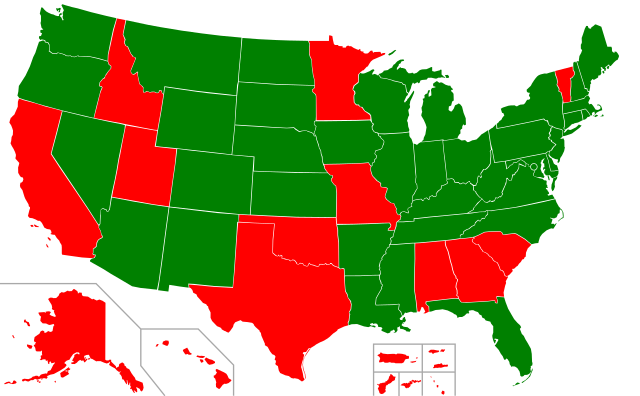Editor’s Note: The age requirement for sports betting depends on the state and app used, but typically ranges from 18 to 21 years old.
Sports betting is a rapidly growing trend among high school students, fueled by easy access to online platforms and the excitement of quick financial gains. According to the National Council on Problem Gambling, 60% of high schoolers have gambled in some form, and Lincoln students are no exception.
Twenty-one Lincoln students completed an online survey about sports betting. All students were granted anonymity and will not be named in this article. Of those surveyed, 28.6% admitted to placing a bet while under 18 and 27.3% reported betting daily. Additionally, 33% of respondents stated that they wager more than $10 per bet and 21.4% indicated that they feel the need to gamble with increasing amounts to maintain the same level of excitement.
“I got into sports betting during the most recent Jake Paul fight,” said anonymous source one, a senior. “I used a free $25 credit on an app and turned it into $75. But eventually, I lost it all, then quit.”
For some, sports betting is a regular habit.
“I gamble weekly,” shared anonymous source two, also a senior. “It’s usually $10 to $30 at a time, and I go to the casino about once a month.”
The thrill of winning—or losing—seems to be a major draw for students.
“We all got money to spend, and gambling feels pretty good when your bets hit,” anonymous source two said.
However, that intensity can also bring stress.
“It was stressful losing all my money slowly,” anonymous source two said. “One time, I lost $60 at the casino, $30 online and had to pay for my gym membership all in the same week. It added up.”
When asked if they set limits on their gambling, anonymous source one said, “I try to bet $10 or less per bet. It’s just a mental decision I make.”
Anonymous source two shared, “If I’m going to the casino, my limit is $60. If it’s online, it’s $30 to $40 per session.”
Despite these self-imposed limits, the accessibility of sports betting apps raises questions about regulation.
When asked if stricter measures are necessary, anonymous source one said, “There should maybe be facial verification to prevent people from using their parents’ money without consent.”
Others, however, felt that regulation was unnecessary.
“At this age, it teaches you not to gamble when you have adult money, so the risk is low,” said anonymous source two.
Organizations such as the Oregon Problem Gambling Resource offer support for individuals struggling with gambling addiction, including youth-specific resources. If you need assistance, call 1-800-MY-LIMIT to talk to a gambling addiction specialist.


